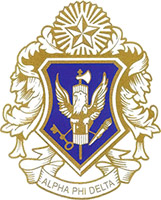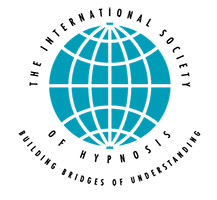
Behaviorism, the learning perspective where any physical action is a behavior, is a philosophy of psychology based on the proposition that all things that organisms do -including acting, thinking and feeling - can and should be regarded as behaviors, and that psychological disorders are best treated by altering behavior patterns or modifying the environment. The behaviorist school of thought maintains that behaviors as such can be described scientifically without recourse either to internal physiological events or to hypothetical constructs such as the mind. Behaviorism comprises the position that all theories should have observational correlates but that there are no philosophical differences between publicly observable processes (such as actions) and privately observable processes (such as thinking and feeling).
Radical behaviorism, a philosophy codifying the basis named the Experimental Analysis of Behavior, or EAB.) While EAB differs from other approaches to behavioral research on numerous methodological and theoretical points, radical behaviorism departs from methodological behaviorism most notably in accepting feelings, states of mind and introspection as existent and scientifically treatable. This is done by identifying them as something non-dualistic, and here a divide-and-conquer approach, with some instances being identified with bodily conditions or behavior, and others getting a more extended "analysis" in terms of behavior. However, radical behaviorism stops short of identifying feelings as causes of behavior. Among other points of difference were a rejection of the reflex as a model of all behavior and a defense of a science of behavior complementary to but independent of physiology. Radical behaviorism has considerable overlap with other western philosophical.
This essentially philosophical position gained strength from the success of early experimental work of particular importance is the concept of the operant response. In contrast with the idea of a physiological or reflex response, an operant is a class of structurally distinct but functionally equivalent responses. All of the responses operate on the world in the same way and have a common consequence. Operants are often thought of as species of responses, where the individuals differ but the class coheres in its function-shared consequences with operants and reproductive success with species.
Trial-and-error learning by researchers with both conceptual reformulations - notion of a stimulus–response "association" or "connection" and methodological ones - the use of the "free operant," was to respond at its own rate rather than in a series of trials determined by the experimenter procedures. With this method, substantial experimental work on the effects of different schedules and rates of reinforcement on the rates of operant responses. Remarkable success in training to perform unexpected responses, to emit large numbers of responses, and to demonstrate many empirical regularities at the purely behavioral level. This lent some credibility to conceptual analysis. It is largely this conceptual analysis that made the work much more rigorous, a point which can be seen clearly in seminal work theoretical weaknesses then common in the study of psychology.








